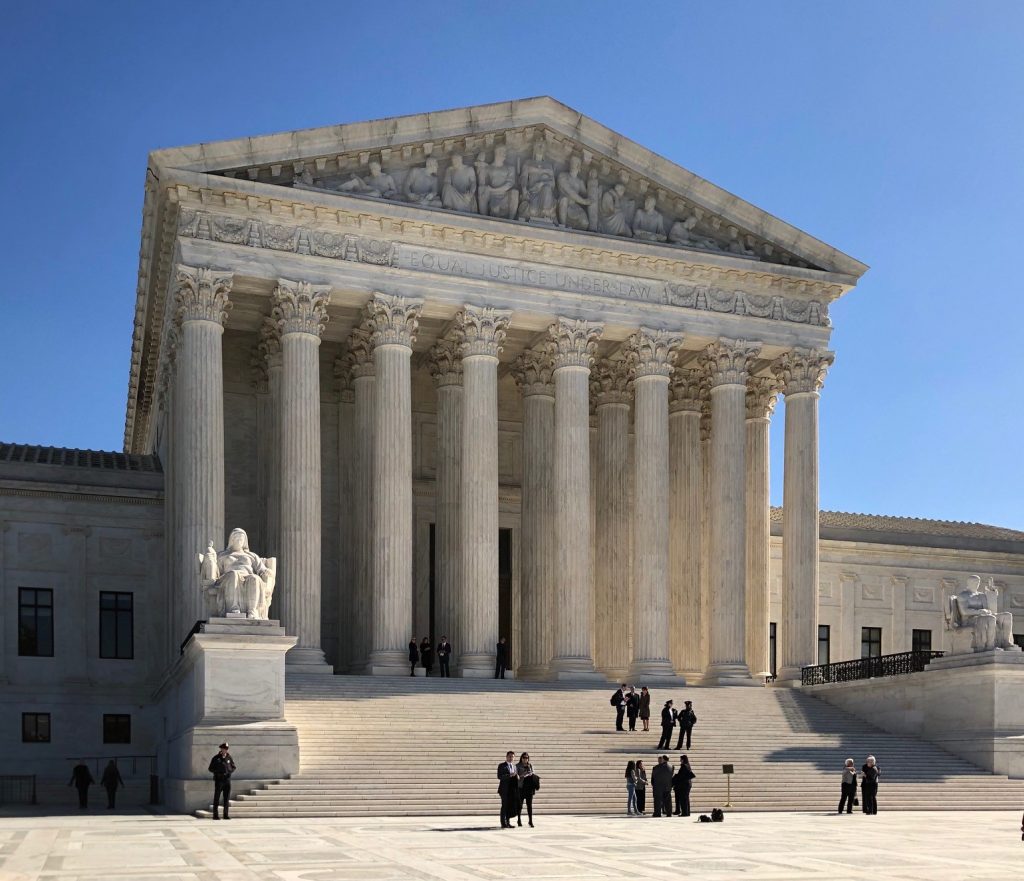By: Pradeek Susheelan, Esq.
Chief Justice John Roberts provided the swing vote needed for a five-four decision ruling Trump Administration’s rescission of the Deferred Action for Childhood Arrivals (DACA) was “arbitrary and capricious” under the Administrative Procedure Act (APA). The vote by Justice Roberts is a welcome surprise as the conservative majority appeared to side with the Trump Administration during oral arguments. Chief Justice Roberts wrote “…the decision to rescind DACA “must be vacated,” This means for now the program created by the Obama administration will continue to protect those already enrolled in DACA.
Agency action is normally presumed to be reviewable under the APA, although a narrow exception exits for agency action committed to agency discretion by law, including agency decisions to not to take enforcement action. The court determined under the APA they had jurisdiction to review the decision to rescind DACA because DACA did not just decline to take enforcement action but created immigration benefits (work authorization, social security, Medicare.) the courts are called upon to protect. The court also stated that although the INA bars review of claims arising from actions taken to deport foreign nationals, the decision to rescind DACA is not an action to deport or a decision to commence deportation proceedings, adjudicate cases or execute a removal order.
The Court’s decision is based on a determination that the Trump administration’s procedural errors such as failing to consider important related matters before taking the action to rescind DACA and failing to provide a well-reasoned explanation for its action. The Court ruled that the Acting Secretary of DHS failed to consider factors and policy choices she had to consider when exercising her discretionary authority to rescind DACA. The opinion stated that while the Secretary had relied on the fifth circuits decision that the similar DAPA program violated the INA because it extended eligibility for benefits to an unauthorized class, the secretary did not consider the possibility of eliminating benefits eligibility, while continuing to defer deportation, although deferring deportation was the center piece of the policy. The Court also stated the agency had failed to assess if there was legitimate reliance on DACA, the strength of reliance interests and weigh them against competing policy concerns.
The Court rejected the Trump Administration’s attempts to have the court consider reasons for the recession of DACA formulated nine months after the action to rescind was taken. The court ruled that where grounds for action provided are found inadequate, the court could remand for agency to formulate a fuller explanation of its reasoning when action was taken, or for the agency to deal with the problem again by taking new action but could not consider “post hoc rationalization.” The court stated the rule requiring a new decision/action before considering new reasons promotes agency accountability and would be undermined if the court allowed DHS to rely on reasons offered nine months after the recession and after three courts had identified flaws in the original explanation.
In theory, the Court has left the door open for the Administration to make another attempt at ending DACA by taking new action to end DACA with a better-reasoned decision to do so, but the Administration likely may not have the time or appetite to end DACA before the election. We have to wait and see if this administration will try to eliminate the issuance of employment authorization to DACA recipients (to reduce high levels of unemployment of U.S. citizens) while keeping deferred action intact for DACA recipients. Many DACA recipients are working on the front lines of the COVID 19 crisis.
The top immigration attorneys at The Fogle Law Firm, have a great deal of experience with DACA applications and have helped young people who were brought to US as minors to obtain the protections and benefits of the DACA program. Please feel free contact us for any of your immigration needs.

